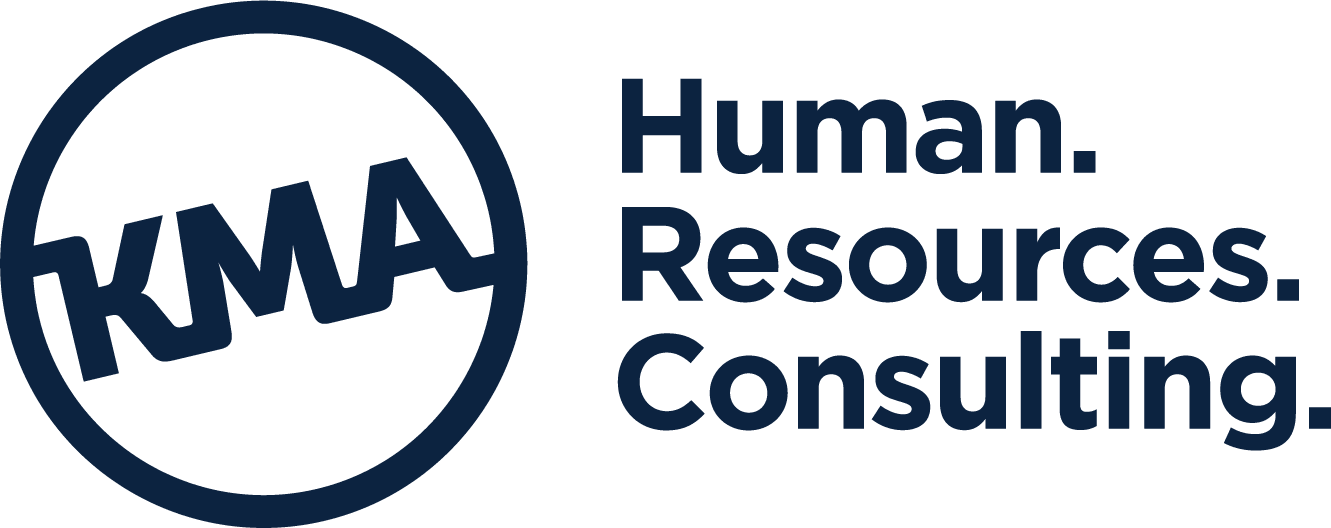 At a time when companies are vying to attract top talent, increase employee engagement and retention, and achieve success for their organizations, quality mentoring programs can be key to driving all these outcomes.
At a time when companies are vying to attract top talent, increase employee engagement and retention, and achieve success for their organizations, quality mentoring programs can be key to driving all these outcomes.
Mentoring in the workplace is a win-win-win proposition:
- Mentees gain valuable knowledge and support to become more proficient in their jobs
- Mentors develop leadership and communication skills and benefit from giving back to others
- Companies benefit by developing internal talent and retaining corporate knowledge, which enhances succession planning, decreases employee turnover, and increases productivity and efficiencies. The result is a positive impact to the financial bottom line.
Any company, regardless of size, can cultivate a mentoring culture. When developing a mentoring program, it is important to consider the following:
Align your mentoring program with the culture of your organization. Mentoring programs can be formal or informal, with structured pairings of mentors and mentees or more casual arrangements where mentees choose their mentors.
Establish basic expectations for the mentoring relationship, with the underlying constant of trust and mutual respect between mentor and mentee. Consider a signed mentor/mentee agreement with expectations or goal setting.
Commit to a base frequency of meetings or “touchpoints” between mentor and mentee as well as the duration of the mentoring relationship. Many mentoring programs find success with 1 to 3 hours per month dedicated to the mentor/mentee relationship, and may have a 6- to 12-month timeframe or longer.
Mentors and mentees may benefit from going outside the organization as needed—for coffee, or a walk during lunch—so they feel comfortable to share freely and openly.
Consider mentors from another organization or even another industry if there are not enough qualified mentors within an organization to meet the needs of the number of mentees (as can be the case in some smaller businesses).
Consider “reverse mentoring,” a growing trend particularly in the current workforce with Millennials, Boomers, and Generation Xers all working side-by-side. Reverse mentoring may pair a younger employee as mentor with a more seasoned mentee around such important topics and skills as emerging technologies or social media trends, where the newer employee may have more up-to-date skills and knowledge.
Measure your results. Set up metrics to assess the success of your mentoring program. Consider talent retention, employee engagement, or even advancement or performance bonuses awarded to participating employees.
Above all, any successful mentoring program must have the buy-in and commitment of company leadership to reap the significant benefits of a mentoring culture in the workplace.
 Looking for assistance with starting a mentoring program within your company, or with meeting other Human Resources needs?
Looking for assistance with starting a mentoring program within your company, or with meeting other Human Resources needs?
Contact Debby Olken at KMA Human Resources Consulting.
